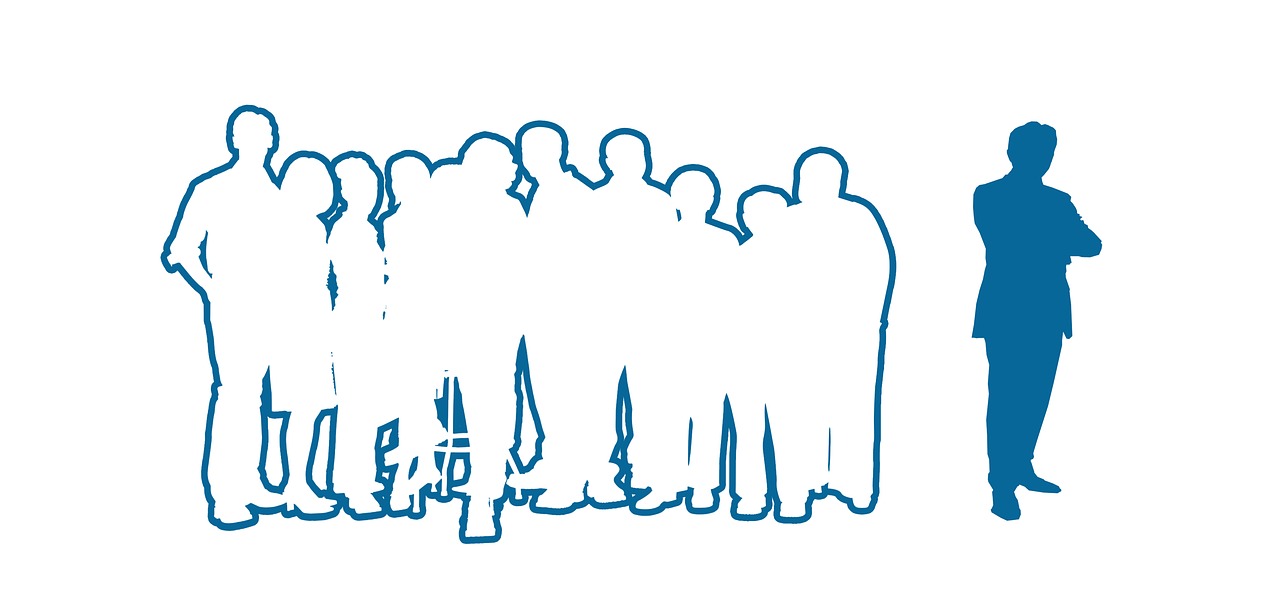Will the Lockdown Make 2021 the Year of the Introvert?
With World Introvert Day 2021 upon us (it’s Jan. 2), many are asking: have lockdowns and trends toward remote work shifted the work landscape to favour those with a personality preference for Introversion? Yes…and no, say the experts at The Myers-Briggs Company, who have been closely studying how the effects of COVID-19, trends such as the ‘always-on’ culture, leadership structure, and other elements of modern work have impacted people based on personality. The company is exploring “The State of Introversion, 2021” based on several surveys and reports it conducted throughout the past year, and offering advice in four critical areas.
Introverts fare better with lockdowns, but still face significant challenges
Personality type plays a clear role in how remote working affects people on an individual basis. In a recent survey from The Myers-Briggs Company:
- 83 percent of people with an Introversion preference agreed or strongly agreed with the statement “I enjoy the peace and quiet of working from home”.
- Less than half agreed or strongly agreed with, “I miss having people around me” (compared to 80 percent of extraversion-oriented respondents) and only a quarter with, “life is too quiet now”.
- 83 percent of people who prefer Introversion said they would like to keep working from home after the lockdown.
With that said, working from home isn’t necessarily a bed of roses for Introverts. Chartered psychologist and Head of Thought Leadership at The Myers-Briggs Company John Hackston believes that, while introversion-oriented people may generally tend to cope better with solitude, they face a danger in that they may forget to spend time with other people–a behaviour that may have long-term negative effects, and diminish one’s resilience to stress.
Tip: Introversion-oriented workers can’t forget to engage and communicate with colleagues, and their co-workers should remember to include them.
Furthermore, while people who prefer Introversion enjoy a calm, peaceful environment, working from home does not always provide this, particularly if someone is dealing with children who are normally at school (27 percent of employed parents were concerned about managing children due to COVID-19, according to a recent study by GlassDoor*).
Tip: For those who prefer Introversion, setting clear work schedules with time allotted for childcare will help make it easier to stay focused.
Online collaboration offers benefits and pitfalls for Introversion
Whether consciously or unconsciously, we meet a significant proportion of our interpersonal needs through work. Online collaboration tools like video conferencing and IM enable employees to mitigate this lack of in-person interaction during the lockdown to a degree, but it is critical to remember that these tools may be experienced differently through the lens of personality.
While those who prefer Extraversion may see an impromptu video conference call as a welcome break and may want to engage more through online tools, Introverts might view this as irritating and interruptive.
Tip: Those with Introversion preferences may need to set boundaries around use of online collaboration tools as well as limit online meetings. But they should also not forget to make time for co-workers–this will be important not only in maintaining important working relationships (particularly with Extraversion-oriented colleagues), but also in maintaining a healthy social balance, and obtaining the necessary external perspectives required for quality work.
The persistence of “Always On” work culture challenges Introverts
Even before COVID-19 corporate culture was starting to blur the lines between work and home, and a study on the ‘Always On” culture from The Myers-Briggs Company showed a third of participants unable to switch off mentally, and 1 in 5 mentally exhausted. Additional research on workplace trends links overlap between work and home life to increased stress, decreased performance, low satisfaction with family life, poorer health, reduced life satisfaction and decline in sleep quality. The impact of this may be felt keenly by those that prefer Introversion who, according to the ‘Always On’ study, tend to prefer more space between work and home life.
Tip: As Hackston recently asserted in Harvard Business Review, those who prefer Introversion should be sure to recharge by giving themselves adequate time for reflection, and establishing quiet spots at home.
Introverts still under-represented in leadership, but there’s a path forward
While 56.8 percent of global workers prefer Introversion, only 39 percent of senior leaders in the U.S. do. This imbalance may be due in part to the tendency among people who prefer Extraversion to think out loud and talk more frequently, which can be interpreted as confidence.
Tip: In work cultures that favour extraverted behaviours, those with introverted preferences may need to demonstrate their confidence in their ideas by flexing their behaviour in more extraverted ways. For instance, they may want to come to meetings more thoroughly prepared so that they feel comfortable asserting their opinions and ideas. Or, they may look for alternate ways to express their knowledge and expertise, such as written channels.
Interestingly, a brand new report titled “The Covid-19 Crisis: Personality and Perception”, found that senior staff expressed higher levels of stress and greater concerns about COVID-19. Managers are more likely to have an Extraversion preference than are non-managers. Employees preferring Introversion, therefore, may deal with more stressed out Extraverted management. This may be a challenge, but it also may be an opportunity to provide emotional support and demonstrate value to their organization.

